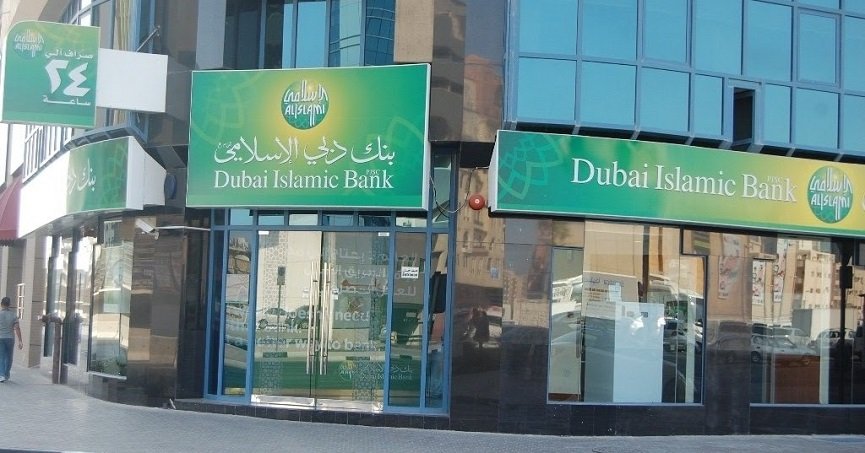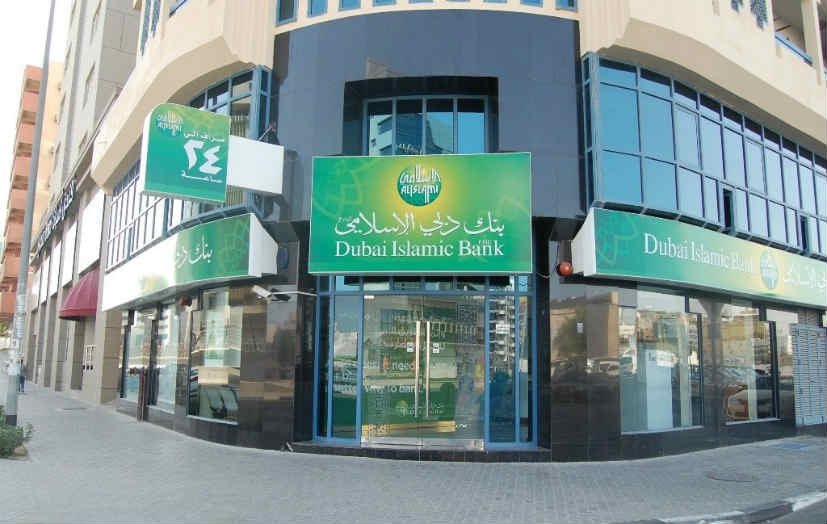Loan requirements in Dubai Islamic Bank are designed to ensure that customers meet the necessary criteria to access financing while maintaining compliance with Sharia principles. As one of the leading Islamic banks in the UAE, Dubai Islamic Bank (DIB) offers a variety of loan products tailored to the needs of individuals, families, and businesses.
Each type of loan comes with its own set of requirements, but the bank’s overall approach focuses on making the process as transparent and straightforward as possible while following Islamic finance rules. For customers, understanding these requirements before applying is important.
It not only helps speed up the process but also ensures you are fully prepared with the right documents and eligibility criteria. Dubai Islamic Bank provides financing solutions ranging from personal loans to home loans, business loans, car finance, and salary transfer loans.
Personal Loan Requirements in Dubai Islamic Bank
When it comes to personal financing, Dubai Islamic Bank offers personal loans under Sharia-compliant structures such as Tawarruq or Murabaha. The personal loan requirements are set to ensure that the applicant has the capacity and stability to repay without facing financial strain.
For UAE nationals, the eligibility criteria are generally more flexible, while expatriates may need to meet additional requirements. Typically, applicants must be employed with a company approved by the bank and have a minimum monthly salary that meets the bank’s set threshold.
The bank usually expects applicants to be at least 21 years old at the time of application and not older than the set age limit at loan maturity, which is often around 65 for employees and 70 for self-employed individuals.
Applicants are also required to provide proof of income, which usually means submitting recent salary slips or bank statements covering the past three to six months. If you are a salaried employee, your employer might need to be listed on DIB’s approved company list.
If you are self-employed, you will likely need to present trade licenses, proof of business ownership, and financial statements. In addition, a valid Emirates ID, passport, and residence visa are standard documentation.
The bank will also conduct a credit check through the Al Etihad Credit Bureau to assess your repayment history. Having a good credit score and no recent defaults improves the chances of approval significantly.
READ MORE
Loan Requirements AFPSLAI, Complete Guide for Military & Uniformed Personnel
Top Loan Requirements in Nigeria
What You Need to Know About Loan Requirements Pag-IBIG
Education Loan Requirements Bank of Baroda

Dubai Islamic Bank Home Loan Requirements
Buying a home is one of the biggest financial commitments most people make, and Dubai Islamic Bank provides Sharia-compliant home financing options under structures like Ijarah and Murabaha.
The home loan requirements are slightly more extensive than personal loans because of the higher loan amounts and longer repayment periods involved. To qualify, you must meet the bank’s minimum income requirements, which can vary depending on whether you are a UAE national or an expatriate.
Typically, the bank requires a steady monthly income and proof of stable employment or business ownership. For salaried employees, the length of time with the current employer can be a factor; generally, the bank prefers applicants who have been in their job for at least six months to a year.
For self-employed individuals, a minimum number of years in business is required, often supported by audited financial statements. You will also need to provide property-related documents, including the sale and purchase agreement, proof of property ownership from the seller, and in some cases, a valuation report.
The bank may finance a high percentage of the property’s value for UAE nationals, while expatriates might have slightly lower maximum financing ratios. Standard documents such as Emirates ID, passport, residence visa, salary slips, bank statements, and a clean credit report are also mandatory.
The bank will assess your debt-to-income ratio to ensure that your total monthly debt obligations, including the home loan, remain within an acceptable limit.
Dubai Islamic Bank Business Loan Eligibility
For entrepreneurs and companies looking for financing, Dubai Islamic Bank offers business loans that are tailored to support business growth while adhering to Islamic banking principles. Business loan eligibility at DIB is determined not just by the owner’s financial profile but also by the health and stability of the business itself.
The bank typically requires the business to be operational for a minimum period, often one to two years, before applying for financing. This is to ensure there is a track record of revenue and stability. The business should also be registered and licensed in the UAE, with all trade licenses and legal documents up to date.
Financial statements play a big role in assessing eligibility. These can include audited accounts, profit and loss statements, and cash flow reports. The bank will want to see consistent revenues and a manageable level of debt. Owners and partners may also be asked to submit personal financial information, as their track record can influence the bank’s lending decision.
For larger financing amounts, the bank may require collateral or security, which could be in the form of property, machinery, or other business assets. The application process usually involves meeting with a DIB relationship manager, who will guide the business through the Sharia-compliant financing options available, such as working capital finance or equipment finance.
Dubai Islamic Bank Salary Transfer Loan Criteria
Salary transfer loans are popular in the UAE because they often come with lower interest rates and easier approval conditions. Dubai Islamic Bank offers this facility to customers who are willing to transfer their monthly salary to a DIB account.
The primary salary transfer loan criteria involve having your employer listed as an approved company with DIB. This ensures that the salary can be reliably credited to your account each month. The bank typically sets a minimum salary requirement, which applicants must meet or exceed.
Applicants must also have a valid employment contract and have completed a certain probation period with their employer, often three to six months. Proof of income is mandatory, so recent salary slips and bank statements showing the credited salary are required. In some cases, the bank might ask for a salary transfer letter from your employer, confirming the arrangement.
Because the bank has direct access to your salary, the risk is lower, which can make approval faster compared to non-salary transfer loans. However, the bank still checks your credit report and overall debt burden before finalising approval.
PEOPLE ALSO READ
How to Secure a Bad Credit Car Loan
Loan Identity Theft And How it Affect Loans
What Are the Loan Requirements to Get an Auto Loan in Dubai
Dubai Islamic Bank Car Loan Documents
Car financing at Dubai Islamic Bank is offered through Sharia-compliant auto finance solutions, often structured under Murabaha. The car loan documents required are straightforward, but must be complete for the application to proceed smoothly.
Applicants need to provide identification documents, including Emirates ID, passport, and residence visa. Proof of income is essential, which means supplying salary slips, bank statements, or business income proof if you are self-employed. A valid UAE driving license is also necessary.
The bank will require details of the car being purchased, including the quotation or invoice from the dealership, the vehicle’s registration documents, and in the case of used cars, a copy of the current Mulkiya (vehicle registration card). Some applications may also require comprehensive motor insurance arranged before the loan is disbursed.
The minimum salary requirement, employment stability, and credit score are factors in approval. For salaried individuals, the employer should preferably be listed with the bank. For self-employed applicants, business documents and proof of income stability are required.
Conclusion
Loan requirements in Dubai Islamic Bank are designed to balance accessibility for customers with the bank’s need to ensure responsible lending. Whether you are applying for a personal loan, home loan, business financing, salary transfer loan, or car finance, the key is to be prepared with complete documents and to meet the income, employment, and credit criteria.
By understanding what the bank looks for, you can approach the process with confidence and avoid unnecessary delays. Dubai Islamic Bank’s focus on Sharia compliance means that all financing is structured in a way that avoids interest, replacing it with transparent, pre-agreed profit rates.
This makes their loan offerings attractive to many customers in the UAE who value both financial support and adherence to Islamic principles. If you meet the eligibility criteria and provide accurate documentation, obtaining financing from DIB can be a smooth process that helps you achieve your personal or business goals.
